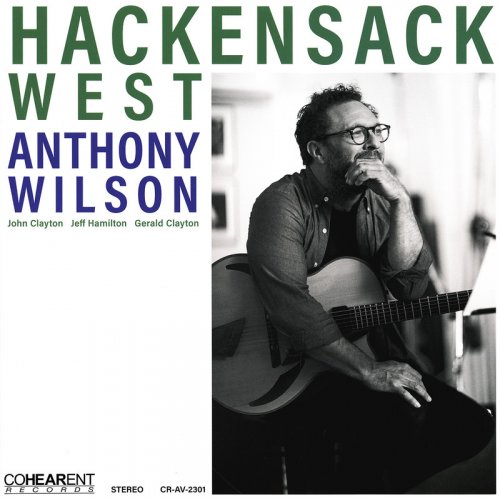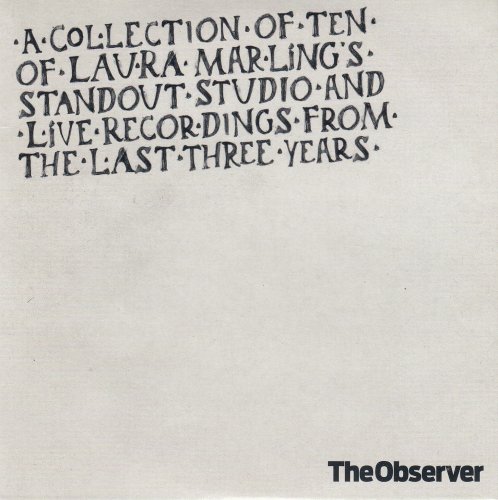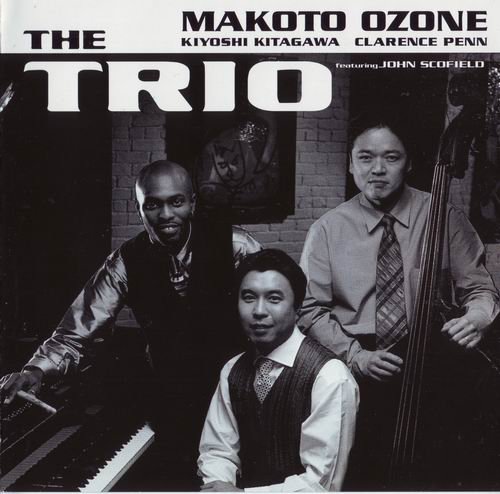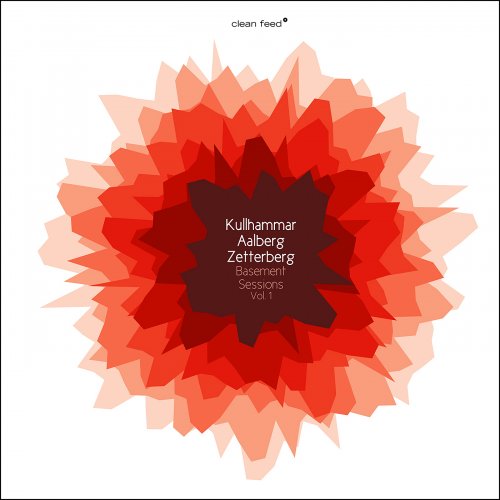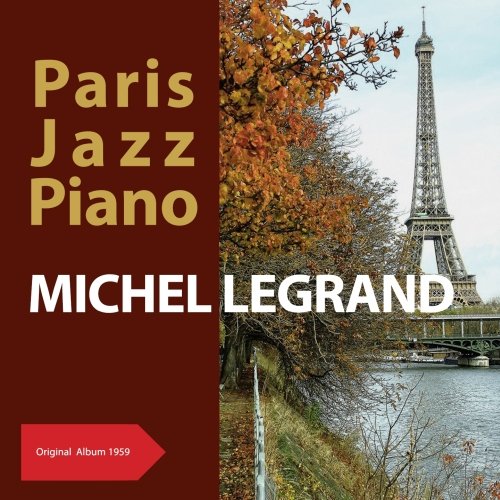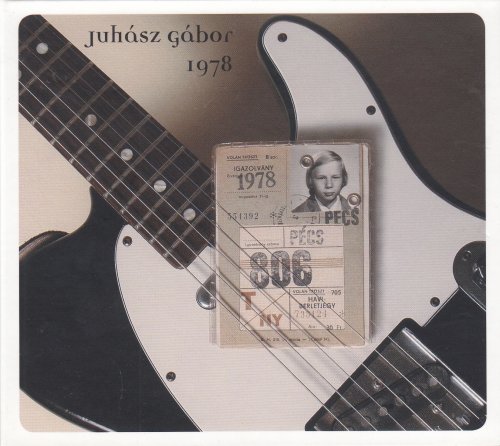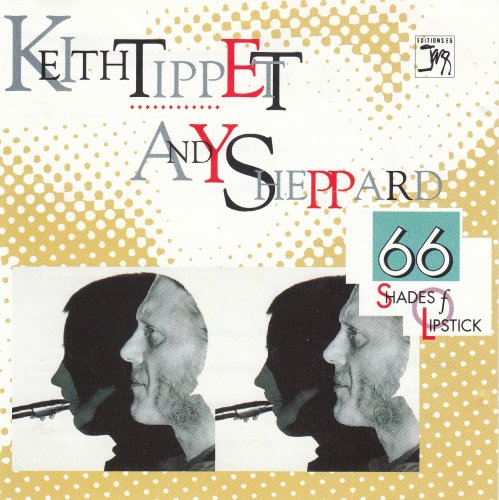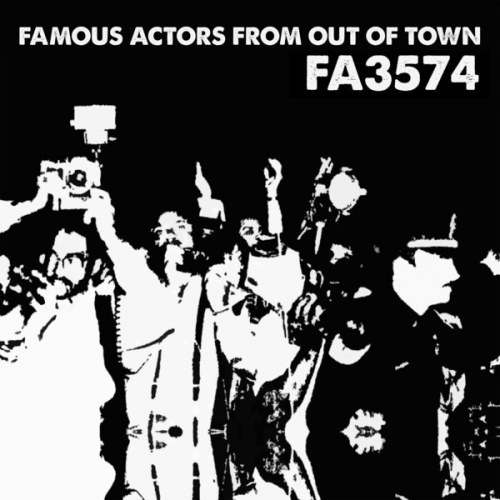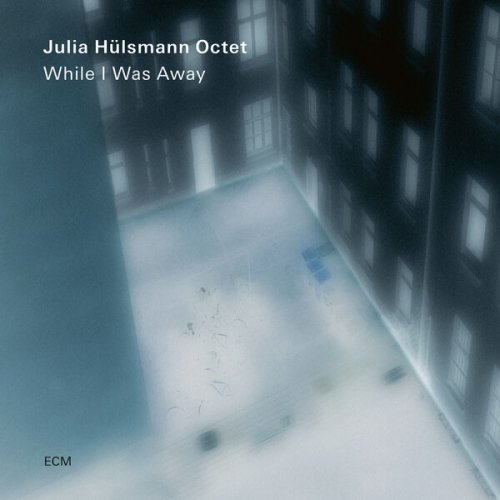Mario Brunello - Weinberg: The Four Sonatas for Solo Cello (2024) [Hi-Res]
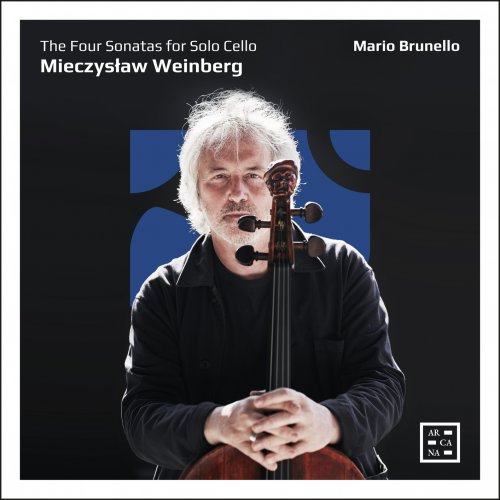
Artist: Mario Brunello
Title: Weinberg: The Four Sonatas for Solo Cello
Year Of Release: 2024
Label: Arcana
Genre: Classical
Quality: FLAC (tracks) / 24bit-96kHz FLAC (tracks+booklet)
Total Time: 01:27:17
Total Size: 349 MB / 1.49 GB
WebSite: Album Preview
Tracklist:Title: Weinberg: The Four Sonatas for Solo Cello
Year Of Release: 2024
Label: Arcana
Genre: Classical
Quality: FLAC (tracks) / 24bit-96kHz FLAC (tracks+booklet)
Total Time: 01:27:17
Total Size: 349 MB / 1.49 GB
WebSite: Album Preview
1. Weinberg: Sonata No. 1 for Solo Cello, Op. 72: I. Adagio (7:56)
2. Weinberg: Sonata No. 1 for Solo Cello, Op. 72: II. Allegretto (3:22)
3. Weinberg: Sonata No. 1 for Solo Cello, Op. 72: III. Allegro (4:56)
4. Weinberg: Sonata No. 2 for Solo Cello, Op. 121: I. Andante (5:56)
5. Weinberg: Sonata No. 2 for Solo Cello, Op. 121: II. Allegro (6:25)
6. Weinberg: Sonata No. 2 for Solo Cello, Op. 121: III. Adagio (8:49)
7. Weinberg: Sonata No. 2 for Solo Cello, Op. 121: IV. Allegretto (11:36)
8. Weinberg: Sonata No. 3 for Solo Cello, Op. 106: I. Allegro (7:00)
9. Weinberg: Sonata No. 3 for Solo Cello, Op. 106: II. Allegretto (2:49)
10. Weinberg: Sonata No. 3 for Solo Cello, Op. 106: III. Lento (6:29)
11. Weinberg: Sonata No. 3 for Solo Cello, Op. 106: IV. Presto (5:22)
12. Weinberg: Sonata No. 4 for Solo Cello, Op. 140bis: I. Andante (6:35)
13. Weinberg: Sonata No. 4 for Solo Cello, Op. 140bis: II. Adagio (5:04)
14. Weinberg: Sonata No. 4 for Solo Cello, Op. 140bis: III. Allegro (5:02)
Polish-born Mieczysław Weinberg twice escaped from Nazi invasions, finally settling in Moscow, where for more than 30 years he was Shostakovich’s closest musical friend. Composer of 26 symphonies, seventeen string quartets and seven operas, he was also a master of the solo string sonata, a genre not touched by Shostakovich and little cultivated in the Soviet Union. His four sonatas for cello solo were composed between 1960 and 1985 and enshrine some of his most concentrated and poetic inspirations. As an eclectic and innovative cellist, Mario Brunello has one of the broadest of repertoires, one that ranges from the Baroque to contemporary music. After five albums dedicated to revisiting the 18th- century masters, and particularly Bach, using the violoncello piccolo, Brunello returns to his precious “Maggini” in order to showcase these milestones of the cello literature from the second half of the 20th century: “A music that spoke to me instantly, an overwhelming force that immediately – on reading it, studying it and then little by little performing it – captivates you, with the result that you can then almost hardly do without it”.
